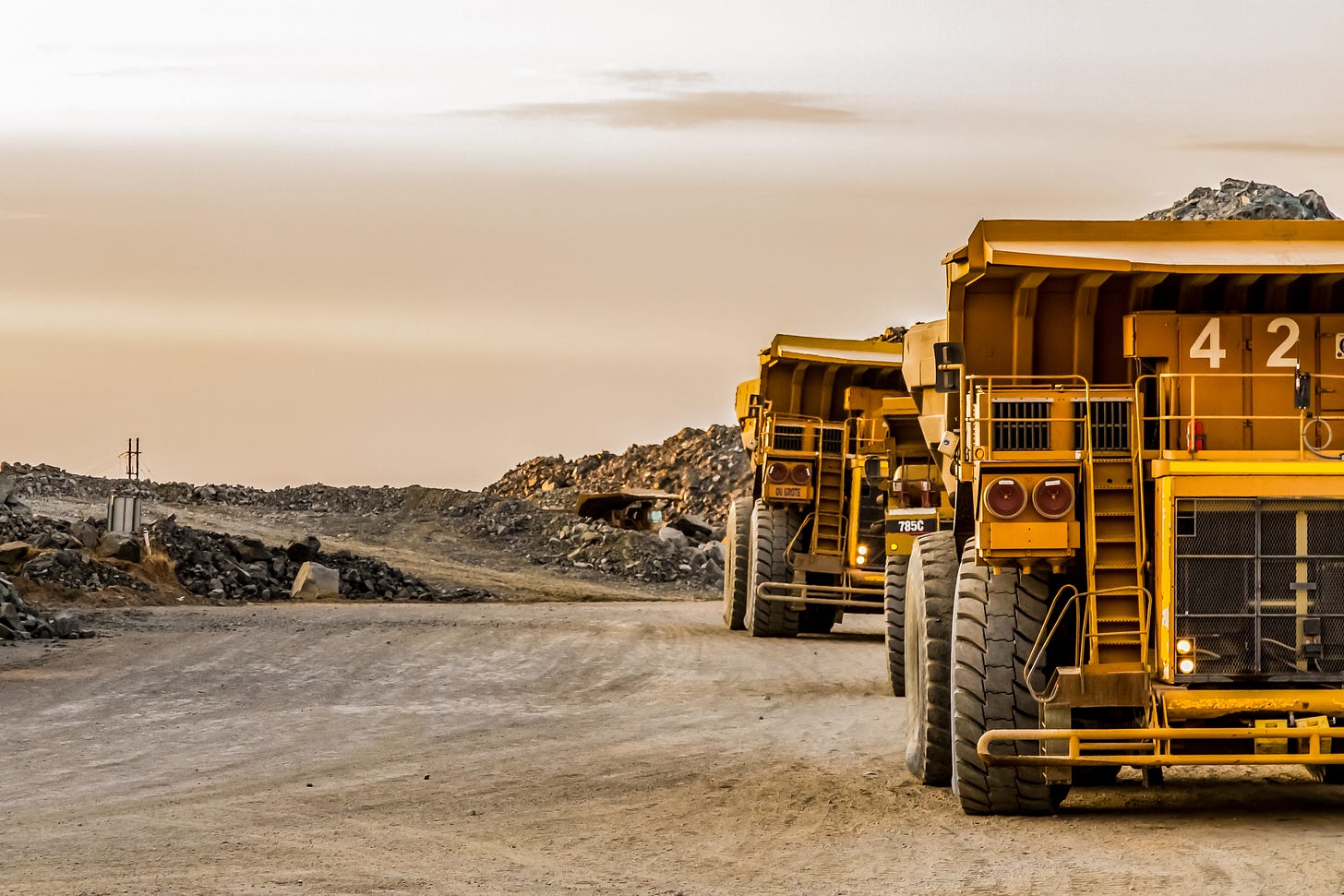Growing demand for critical minerals in Africa creates business opportunities but also risks
The world relies on critical minerals to support a wide range of essential activities, from industrial production to defense to consumer goods. Over the past ten years, technological advances (such as low emissions technology) have increased the demand for critical minerals. The concentration of mineral production in very few countries, pandemic-related supply chain disruptions, and rising international tensions are pushing countries to diversify their critical mineral suppliers. This is causing many countries to look to Africa. The effort to diversify is intense in the United States, especially given geopolitical competition with China.
Although the growing demand for critical African minerals creates business opportunities, mining companies must also navigate a challenging political risk environment. Often, supplies of critical minerals are in areas struggling with violence and poor governance. In addition to traditional cost-benefit analyses, companies must weigh potential profits against substantial risks to their assets, personnel, and reputations. Mining companies need more information about the political and security situations to anticipate and respond to such threats.
A prime example of this dynamic is the Democratic Republic of Congo (DRC). Rich in the critical minerals sought after by the global community, the DRC presents an enticing opportunity for mineral-related investment. However, despite its potential, new investments in the DRC in the short term can be risky. Corruption remains endemic and imposes steep costs on companies looking to do business there. The upcoming 2023 general election raises the risk of political instability as officials at all levels maneuver to secure influential and lucrative positions in the government. Additionally, the fallout of the war in Ukraine has heightened the risk of food insecurity and related instability by raising the price of essential commodities.
Critical mineral extraction in Africa has a long and troubled history of negative social and environmental impacts on local communities. In the current political and business environment, government regulators and company stakeholders are pressuring firms to ensure their activities mitigate environmental harm and provide social and economic benefits to local communities. Companies that fail to conduct corporate social responsibility programs face potential disruptions in their operations by the host government and local communities. Companies associated with harmful mining activities can face boycotts and sanctions. They also risk losing market share to competitors who prioritize corporate social responsibility. To gauge the efficacy of their corporate social responsibility programs, companies need reliable information on host government and local community attitudes and intentions.




